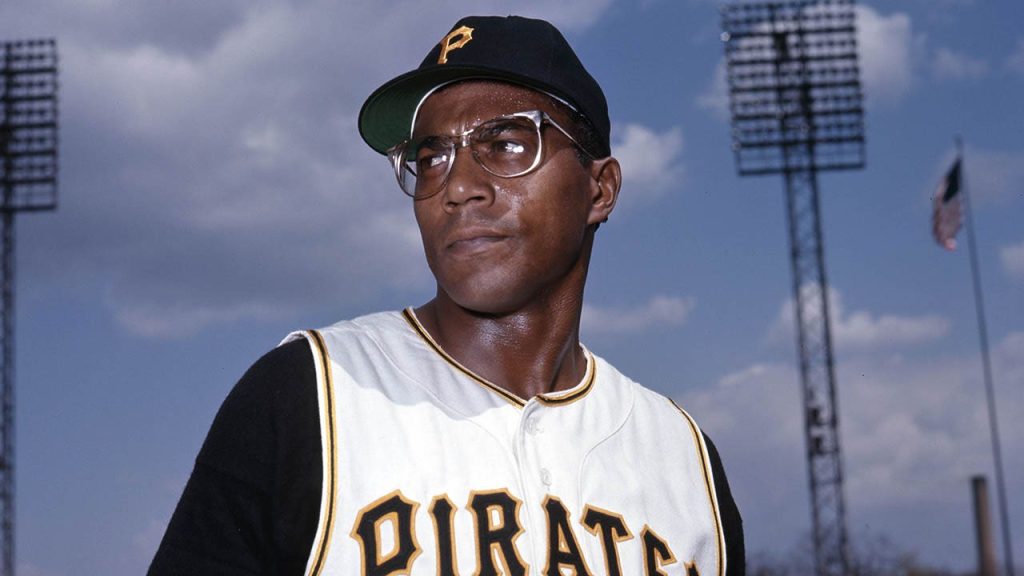Bob Veale, a towering figure in Pittsburgh Pirates history and a key contributor to their 1971 World Series triumph, passed away at the age of 89. His death marks the end of an era for a generation of Pirates fans who fondly remember his dominant left-handed pitching and his integral role in the team’s success during the late 1960s and early 1970s. Veale’s legacy extends beyond the baseball diamond, encompassing his contributions to the sport as a scout and his dedication to preserving the history of baseball, particularly the Negro Southern League. His passing evokes a wave of nostalgia and appreciation for his remarkable career and his enduring impact on the game.
Veale’s baseball journey began inauspiciously, with a brief stint in 1962 where he appeared in only 11 games. However, the following season hinted at the potential that lay within the young left-hander. In 1963, Veale showcased his prowess with a remarkable 1.04 ERA across 34 appearances, albeit in a limited number of innings. This performance signaled his arrival as a force to be reckoned with and solidified his place in the Pirates’ rotation for years to come. The Pirates recognized Veale’s potential and entrusted him with a significantly increased workload in subsequent seasons.
The 1964 season marked Veale’s true emergence as a dominant pitcher. He logged an impressive 279.2 innings, demonstrating both his durability and effectiveness. His 2.74 ERA and league-leading 250 strikeouts cemented his status as one of the premier pitchers in baseball. Veale’s performance continued to impress throughout the latter half of the 1960s, culminating in back-to-back All-Star selections in 1965 and 1966. His ability to rack up strikeouts and consistently deliver quality starts made him a cornerstone of the Pirates’ pitching staff.
The pinnacle of Veale’s career arrived in 1971, when he played a crucial role in the Pirates’ World Series victory over the Baltimore Orioles. This triumph solidified his place in Pirates lore and cemented his legacy as a champion. Veale’s contribution to the championship team further endeared him to the city of Pittsburgh and its passionate baseball fans. His performance on the mound during that memorable season remains a cherished memory for those who witnessed the Pirates’ historic victory.
Midway through the 1972 season, Veale was traded to the Boston Red Sox, marking the end of his tenure with the Pirates. However, before his departure, Veale became part of a historical moment. He was a member of the Pirates’ lineup that became the first in Major League Baseball history to consist entirely of Black or Afro-Latino players. This landmark event underscored the changing landscape of professional baseball and highlighted the increasing representation of minority players in the sport.
Following his playing career, Veale transitioned into a scouting role, lending his expertise to the Atlanta Braves and the New York Yankees organizations. His keen eye for talent and his deep understanding of the game proved invaluable in identifying and developing future baseball stars. Beyond his professional contributions, Veale remained dedicated to the sport and its history. He was instrumental in the establishment of the Negro Southern League Museum in his hometown of Birmingham, Alabama, a testament to his commitment to preserving the legacy of Black baseball.
In recognition of his achievements both on and off the field, Veale was inducted into the Alabama Sports Hall of Fame in 2006. This honor further solidified his status as a prominent figure in Alabama sports history and celebrated his multifaceted contributions to the game of baseball. Bob Veale’s passing leaves a void in the baseball community, but his legacy as a dominant pitcher, a World Series champion, and a champion for the history of the sport will endure.


